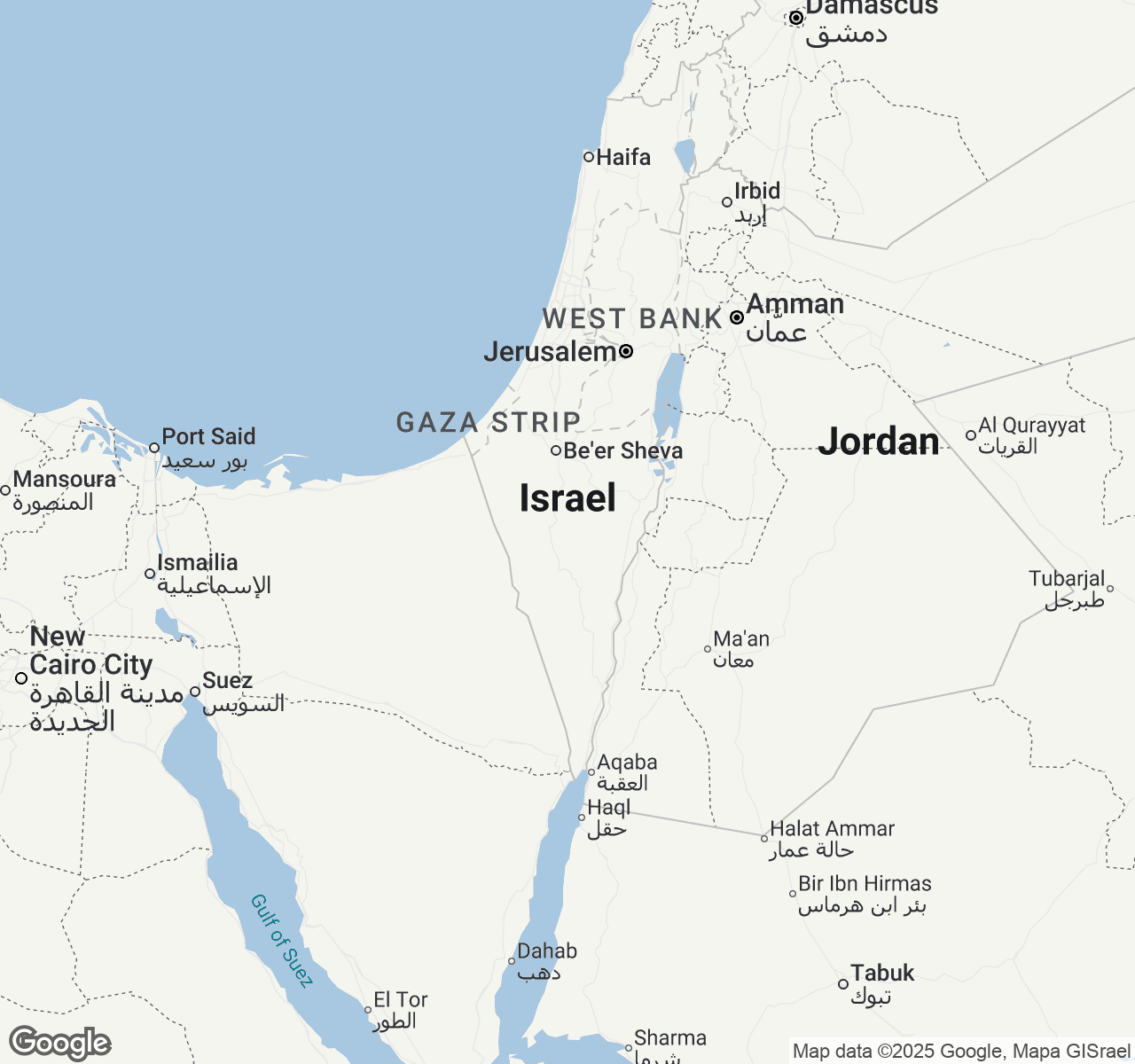
Things to Do in Israel
Discover the best of Israel
Plan Your Trip
Essential guides for timing and budgeting
Top Things to Do in Israel
Discover the best activities and experiences. Book now with our trusted partners and enjoy hassle-free adventures.
Your Guide to Israel
About Israel
Where three thousand years of history converge with startling modernity, Israel pulses with an energy unlike anywhere else on earth. Ancient olive trees cast shadows over bustling cafés, while church bells mingle with calls to prayer across golden stone cities. From the mystical silence of the Dead Sea to the vibrant nightlife of Tel Aviv's beaches, every corner tells a story that spans millennia. Here, pilgrims walk the same paths as tech entrepreneurs, Orthodox families share streets with secular artists, and the aroma of fresh hummus drifts through markets that have traded spices since biblical times. The Mediterranean sun illuminates a land where the sacred and secular dance together, where cutting-edge innovation springs from desert soil, and where every sunset over Jerusalem's ancient walls feels like both an ending and a beginning.
Travel Tips
Transportation: Use Israel Railways for efficient inter-city travel and Dan buses for urban areas. Download the Moovit app for real-time public transport. Rent cars for exploring rural areas, but avoid driving on Shabbat (Friday evening to Saturday evening) when most services stop.
Money: Israeli New Shekel (ILS) is the currency. Credit cards widely accepted, but carry cash for markets and small vendors. ATMs abundant in cities. Tipping 12-15% expected at restaurants. Money changers offer better rates than hotels.
Cultural Respect: Dress modestly when visiting religious sites - cover shoulders, knees, and heads when required. Respect Shabbat observances (Friday evening to Saturday). Learn basic greetings: 'Shalom' (Hebrew) and 'Ahlan' (Arabic). Photography restrictions apply at some religious and military sites.
Food Safety: Tap water is safe throughout Israel. Try local specialties like hummus, falafel, and shakshuka from busy establishments with high turnover. Many restaurants are kosher - check if mixing meat and dairy matters to you. Street food is generally very safe.
When to Visit
Israel's Mediterranean climate offers year-round appeal, but timing affects both experience and budget.Spring (March-May)brings perfect weather with temperatures of 68-77°F, minimal rainfall, and wildflowers blooming across the countryside. This peak season sees 20-30% higher prices.Summer (June-August)delivers intense heat reaching 85-95°F, ideal for Dead Sea visits and beach lovers, with moderate pricing but crowded attractions.Fall (September-November)offers excellent conditions similar to spring, with temperatures of 70-80°F and the Jewish High Holidays (Rosh Hashanah and Yom Kippur in September/October) creating unique cultural experiences.Winter (December-February)brings cooler temperatures of 50-65°F and occasional rain, especially in January, but offers 25-35% lower accommodation rates and fewer crowds. Major festivals include Passover (March/April), affecting availability and prices, and Independence Day (April/May) with nationwide celebrations. Beach enthusiasts should visit May-October, while cultural travelers will appreciate the cooler months of October-April. Religious pilgrims find meaningful experiences during Christmas and Easter seasons, though expect premium pricing and advance booking requirements.

Israel location map